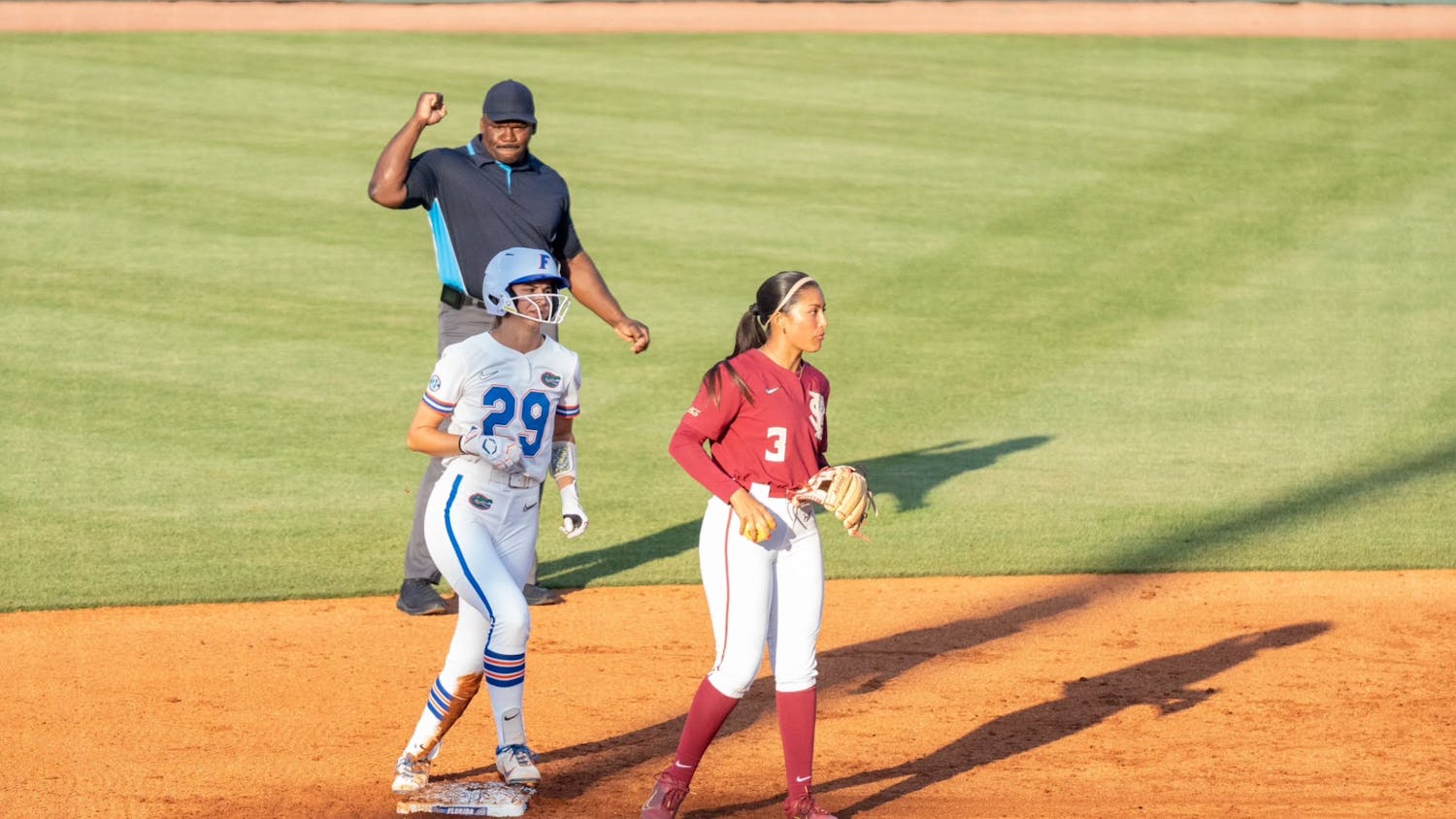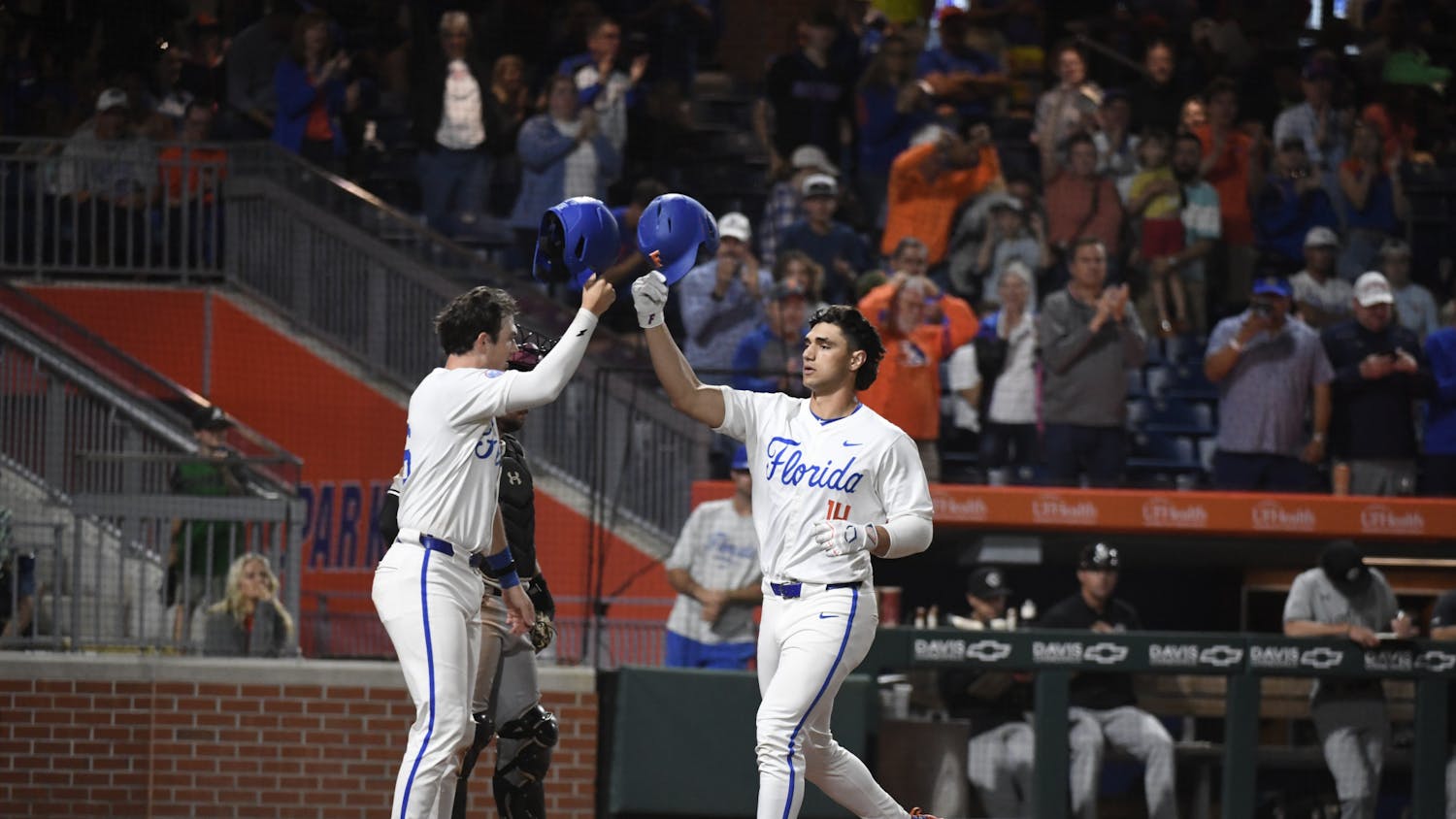Last week, rapper Meek Mill put the internet in a chokehold when he claimed that rapper Drake doesn’t write his own lyrics.
The barb, one of many he tweeted in the Grammy-winner’s direction that evening, sparked debate within the music world, first about the legitimacy of the allegations, and second about its history.
“Stop comparing Drake to me too,” Meek tweeted on July 21. “He don’t write his own raps.”
Specifically, Meek pointed a finger at Drake’s featured verse on “R.I.C.O.,” a song from Meek’s latest album. He purported to have found out the verse was written by someone else.
He added, “If I woulda knew I woulda took it off my album….I don’t trick my fans! Lol.”
At the peak of his tirade, Meek tweeted out the name of Atlanta-based rapper Quentin Miller, who was credited as a co-writer on four songs from Drake’s most recent album, “If You’re Reading This It’s Too Late.”
Adding fuel to the fire, radio disc jockey Funk Master Flex publicly sided with Meek, later releasing an audio recording of Quentin Miller’s alleged rapping of a song sounding nearly identical to Drake’s “10 Bands.”
The DJ eventually would go on to state he had three more of these “reference” songs he received from someone close to the situation.
With this, the stage was set for online anarchy, and fans were quickly taking sides. In a conversation with a friend on Instagram, Drake said: “I signed up for greatness, this comes with it.”
Four days later, on his Beats 1 radio show “OVO Sounds,” Drake released a trio of songs, one titled “Charged Up.”
On the record, Drake calmly brushed off the allegations, taking subtle but personal jabs at Meek: “Wow, I’m honored that you think this is staged. I’m flattered, man, in fact I’m amazed.”
Alluding to Meek’s relationship with rapper Nicki Minaj: “No woman ever had me star struck or was able to tell me to get my bars up. I’m charged up.”
Whether Drake actually relies on songwriters or not remains to be seen, but this feud has effectively pried open a decades-old scar that the hip-hop community has done a great job ignoring — until now.
Since the birth of the music industry, artists have sought the help of writers to flesh ideas out and ultimately produce applaudable music. But to many, hip-hop is viewed as a more personal genre, and since its dawn, rappers have touted lyrical marksmanship as the basis of their fame, identifying more with poets than pop stars.
But now, hip-hop is pop.
The hip-hop songs that do any real chart climbing are usually fizzy by nature and revolve around a catchy chorus and bouncy rhythm; what lies in between is generally an after-thought.
When rap music accounts for more than half of what’s trending chart-wise, it follows that most of these rappers likely enlist the help of writers at some point in their careers. To what extent this happens is still generally ignored, swept under the rug.
But in reality, it’s as old as the genre itself.
Widely considered the first commercial hip-hop song, Sugar Hill Gang’s 1979 “Rapper’s Delight,” contains chunks of lyrics stolen from Grandmaster Caz, who never received any type of credit.
It’s also widely publicized that N.W.A rapper Ice Cube wrote much of the rhymes co-members Eazy-E and Dr. Dre recorded while part of the group in the late 1980s and early ‘90s.
The Notorious B.I.G. is credited as a writer on Lil Kim’s 1996 song “Queen Bitch.” Audio exists of him rapping the song, believed to be a reference track Kim used for the subsequent album version.
Rapper Sauce Money is acknowledged for writing most of Diddy’s words on his 1997 single “We’ll Be Missing You,” a tribute to the fallen B.I.G. The song would go on to win a Grammy award for Best Performance by a Duo or Group.
In an interview with XXL, Snoop Dogg admitted to using the words of other rappers for his 2009 “Malice in Wonderland” album.
“I got a couple of my little homies that’s putting the pen to the paper,” he said. “I be letting my homies get on by writing and expressing they thoughts through me.”
A couple years later, in 2011, Method Man revealed to Complex that the majority of rapper Ol’ Dirty Bastard’s lyrics on his “Return to the 36 Chambers” album were primarily conjured by fellow Wu-Tang members GZA and RZA, along with Method Man himself.
Still, many refuse to accept these well-documented cases as anything other than isolated incidents.
As far as the current beef goes, Meek Mill has yet to respond on-record to Drake’s “Charged Up.” He did, however, do a lot of tweeting, calling Drake’s attempt “baby lotion soft,” admitting he could tell the rapper wrote it.
Meanwhile, on Wednesday Drake yet again took aim at his accuser with a new song, “Back to Back Freestyle.” While tempo-wise it’s a polar opposite to the initial diss record, the song touches on similar topics, albeit in a more no-holds-barred manner:
“This for y’all that think I don’t write enough. They just mad ‘cause I got the Midas touch.”
[A version of this story ran on page 11 on 7/30/15]





